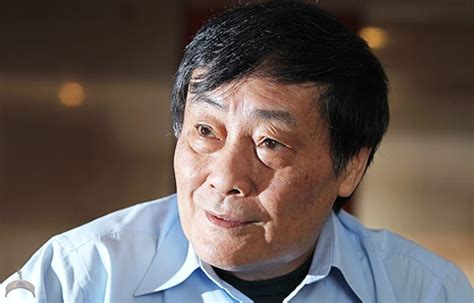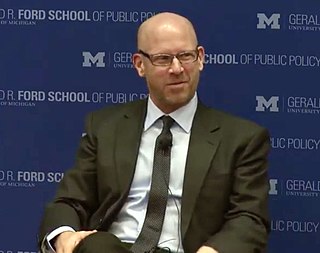A Quote by Zong Qinghou
When you are poor, you'll have to think of ways to be better off.
Related Quotes
Poverty assumes so many aspects here in India. There aren't only the poor that you see in the cities, there are the poor among the tribes, the poor who live in the forest, the poor who live on the mountains. Should we ignore them as long as the poor in the cities are better off? And better off with reference to what? To what people wanted ten years ago? Then it seemed like so much. Today it's no longer so much.
Mental illness is a real thing. It has real material consequences for people who suffer from it and at the time even the most biological finding reflects social context in very important ways, and so I think psychiatry is better off looking both at biology and at social context and really trying to think of the relationship between these and I think doctors and patients are better off that way.
I hear, 'But why do poor people make such bad decisions?' But actually, their decision-making can be far more complex than that of the better-off in many ways. They're not financially illiterate: they're constantly weighing up choices based on the reality of poverty. Somehow the international development community has resisted accepting this.
Somehow, the fact that more poor people are on welfare, receiving more generous payments, does not seem to have made this country a nice place to live - not even for the poor on welfare, whose condition seems not noticeably better than when they were poor and off welfare. Something appears to have gone wrong; a liberal and compassionate social policy has bred all sorts of unanticipated and perverse consequences.
I am concerned about epistemic normativity, and I don't think that it is just a hangover from a priori and armchair approaches. Some ways of forming beliefs are better than others, and epistemologists of all stripes, I believe, have a legitimate interest in addressing the issue of what makes some of these ways better than others.
Republicans ... are conservatives who think it would be best if we faced the fact that people are no damned good. They think that if we admit that we have selfish, acquisitive natures and then set out to get all we can for ourselves by working hard for it, that things will be better for everyone. They are not insensitive to the poor, but tend to think the poor are impoverished because they won't work. They think there would be fewer of them to feel sorry for if the government did not encourage the proliferation of the least fit among us with welfare programs.


































